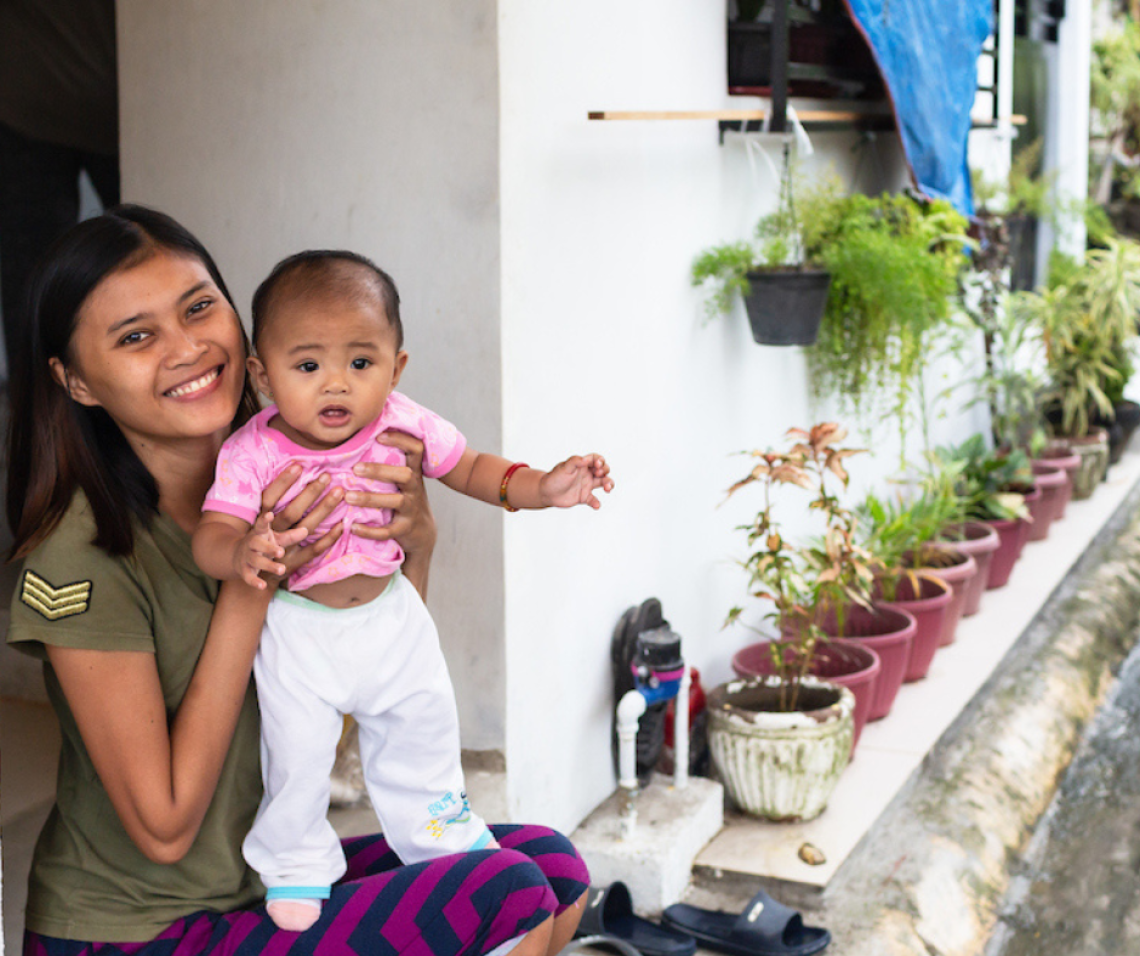Make your 2X MATCHED gift today!
This week only: Every $1 will be matched with $2 to enable women worldwide.
This week only: Every $1 will be matched with $2 to enable women worldwide.
Posted on 05/18/2025

As a society, we often perceive health as an individual responsibility rather than a community incentive. We tend to overlook the connection between economic growth and equitable health outcomes, remaining entrenched in norms that hinder progress, especially for women. It is essential to change the perception of health from being an individual achievement to recognizing the multitude of factors influencing one’s health. Factors such as stress, poverty, and climate are beyond individual control.
We need to approach economic growth with this understanding: a healthy individual contributes to a healthy community, which fosters a robust economy. Investing specifically in women's health is not only a matter of equity but also a strategic economic choice that yields significant returns. Women living in poverty are less likely to access maternal healthcare, resulting in higher rates of childbirth-related deaths and long-term disabilities. Both impacts limit women’s economic participation and have lasting impacts on community health.
On average, women spend 25% more of their lives in poor health compared to men. Closing this health gap could significantly reduce the time women experience poor health, thereby improving their quality of life and economic contributions. According to the WHO, individuals living in extreme poverty are twice as likely to die before age five and face much higher maternal mortality rates. Malnutrition during early childhood can diminish future earning potential by up to 22%, creating a cycle where poverty leads to poor health, subsequently limiting education and earning capacity. Children in poverty are also more likely to miss school due to illness, resulting in reduced educational attainment and future income.
Health is a crucial pillar for sustainable economic development. By prioritizing health investments, particularly those aimed at improving women's health, we can cultivate a more productive workforce, stimulate economic growth, and enhance societal well-being. Grameen Foundation exemplifies this approach by integrating health services into a mobile money agent network, which reached nearly 12 million people last year.
Investing in women's health is not merely a moral imperative; it is a strategic decision that propels progress for families, communities, and entire economies. As a member of Grameen Foundation’s Leadership Advisory Council, I am thrilled to see this initiative come to life with Grameen Foundation's AccelHERate program for young women. AccelHERate directs resources toward young women to transform individual lives and enhance the health and stability of entire systems. Investing in young women as future entrepreneurs, leaders, and problem-solvers, requires more than education and training, but necessitates investments in their health. AccelHERate cements the pathway that women's health is synonymous with community health. It is the key to breaking cycles of intergenerational poverty and fostering conditions for shared prosperity.
Addressing the world's most pressing issues—poverty, malnutrition, and climate shocks—requires a focus on the health and enablement of women. By ensuring access to financial services, inclusive healthcare delivery, and targeted social investment, we can place women at the center of solutions that benefit everyone.
Let us stop viewing women’s health as a peripheral concern and start recognizing it as a cornerstone for stronger families, more resilient communities, and a healthier world. Join me in supporting Grameen Foundation’s AccelHERate program today.